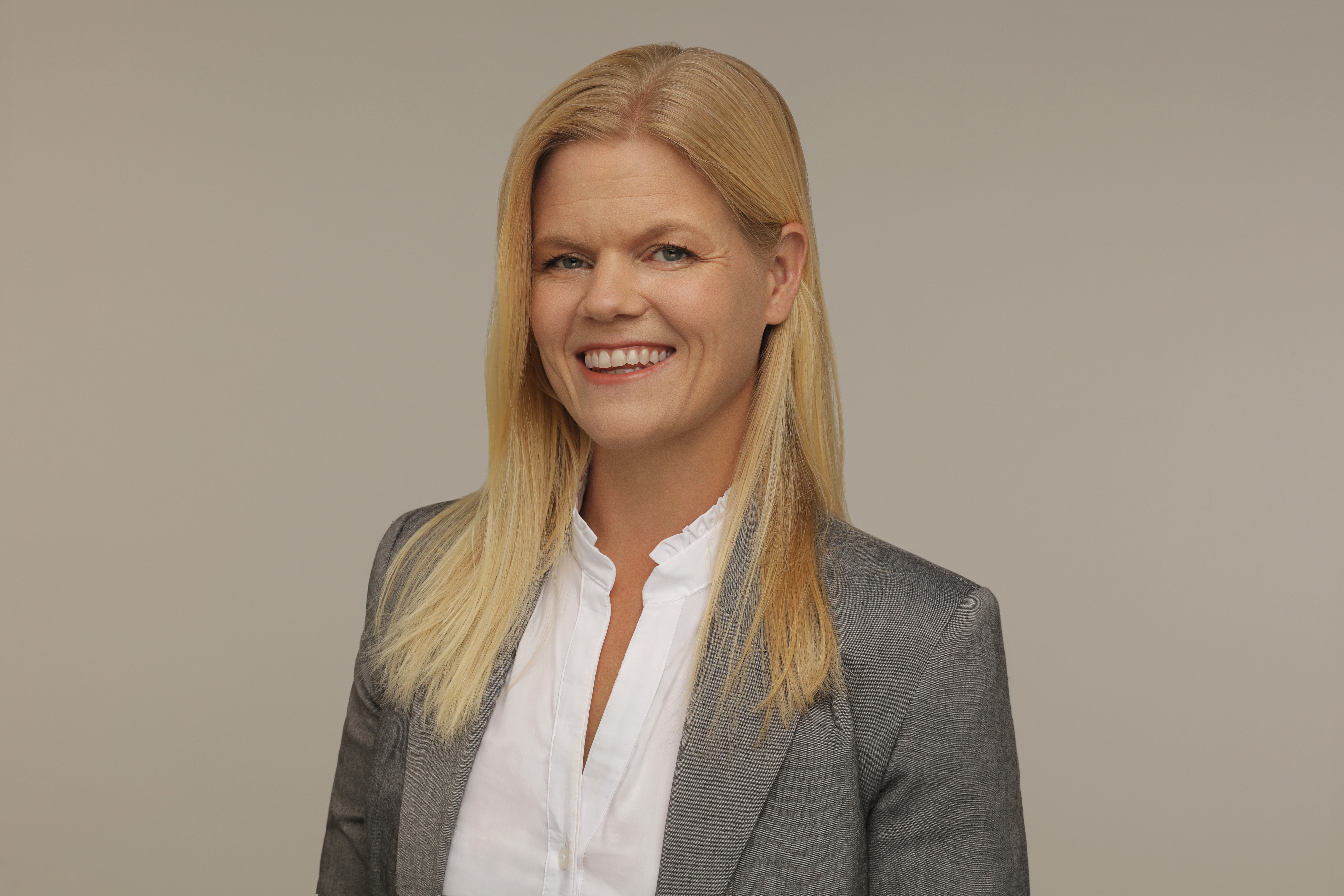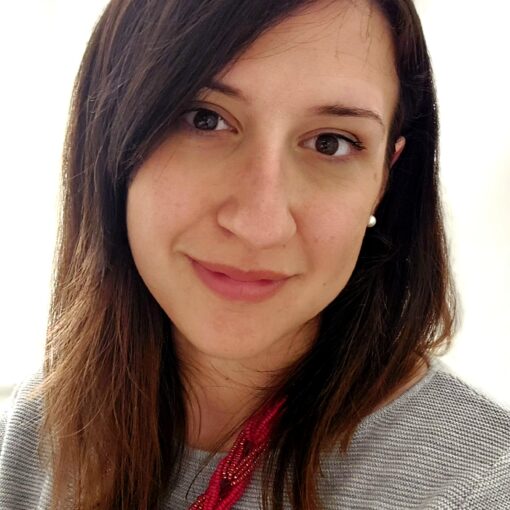PhD in Philosophy, University of Oslo, 2012
| Associate Management Consultant | |
|---|---|
| VMLY&R HEALTH | |
Year entered into a non-academic position: 2022
Left academia after: After 10 years of postdoctoral work
What’s your background? Philosophy
Why did you move away from academia? Two main reasons: Firstly, I often struggled with my motivation to write and publish research articles. I eventually realized that I am a very purpose driven person, and writing articles simply has a very long time horizon, whereas I need to see results quickly. Furthermore, there is a huge overproduction of articles and they rarely get read – this lack of impact also undermined my motivation to write papers. Secondly, I found most academic work too solitary and lonely, whereas I am a very sociable person.
I much prefer working collaboratively as part of a team, achieving results together. Academia is a much more competitive, sharp elbows kind of environment by comparison.
Is there anything you miss about academia? I do miss teaching and engaging with students. And I miss the flexibility and autonomy that you have as an academic.
How did you get this job? Did you face any challenges when considering a move away from academia or applying for the role?
I invested in a career coach, which was the best decision I ever made. I worked with the career coach over several months to understand my motivations and drives and needs in the workplace. This hugely valuable work enabled me to understand what kinds of tasks, roles, and work environments would be suitable for me. I also conducted about 50 informative interviews. Eventually I landed on consulting as a good fit for me.
It took a lot of work and effort to learn about consulting and to translate my academic skills and experiences for this industry. Fear of failure and perfectionism slowed me down at times, but with some persistence and determination I managed to move past this.
What motivated you to/why did you choose the sector you transitioned into? I identified consulting as a good fit for me because of my interest in problem-solving, being results-oriented, wanting a fast-paced environment, and wanting to work with people (working with clients as well as working together as part of a team).
Did you think you had the skills required for your current position before you started? Were you right?
As an academic and lifelong learner, I think you have the research and development skills to quickly learn about a new subject matter. The biggest challenge for me was to work in a much more structured manner.
I had some experience in project management from academia, but the processes are very different (and much more structured) in consulting, and this was something I had to learn. Looking back to some of the earlier interviews I had where I didn’t succeed, I think the lack of this particular type of project management experience was one of the key reasons.
How did your PhD prepare you for your current job? For example, what were the transferable skills that you developed during your PhD that are most relevant to your current job? In particular, communication skills, crafting persuasive narratives, being hardworking, being resilient, critical thinking skills, asking questions.
Did you have any preconceptions about your sector that proved to be wrong? N/A
Can you describe a typical week in your job?
- On a Monday I will go through the status sheets and actions/next steps for the week ahead for the two projects that I’m leading on. I will make a list of priorities and a plan for the week ahead, and communicate with the project team.
- Usually a few meetings a day (internal and with clients), including planning the agenda and sometimes development of meeting materials e.g. slides, presentations.
- Content development (reports, slide decks, materials to share with stakeholders or clients before meetings or workshops).
- Business development, e.g. develop proposals (sometimes this involves several meetings with a client to negotiate the scope of the project).
What is the workplace culture like? Please include comments on work-life balance, flexibility, remote working? My team is very hardworking and in some periods you can expect to work long days. Although we have many deadlines for client deliverables, we still manage our own time and have a fair amount of flexibility in terms of planning out our work for the week. We have a hybrid model with two days in the office per week – but management is quite relaxed and it’s not unusual that I work from home four out of five days a week.
Do people with a PhD frequently get hired in the company/sector? Yes.
What are your favourite parts of your job?
- Working collaboratively as part of a team
- Working with clients
- Opportunities for growth
- A structured workday
What are your reflections on your career path? I have learned a huge amount of valuable skills so far. I am still learning, so I’m not sure yet what my next step will be. With this additional experience I now have, on top of my academic career, I know I will have a lot of attractive options.
Do you have any advice for current graduate students and postdocs considering a career outside of academia? First and foremost, think about your personality, your motivations and drives, and what your needs are in the workplace. What kind of people would you like to work with, and what kind of work environment would suit you? From there you can identify types of roles that you would enjoy, across different sectors.
What do you know now that you wish you’d known when exploring a transition? When I was in the process of leaving academia and finding new opportunities, I was very concerned about making the right choice about my new career. I now think that it’s okay if you don’t find your dream job right away – it’s a process. You need to try a few things to understand what works for you and what your strengths are.
Wherever you end up, you’ll learn some new skills and learn something new about yourself, which will help you develop your career.
Can you recommend any relevant resources, organisations or events that might help somebody new to the sector find out more about it? I highly recommend doing informative interviews – find individuals (e.g. via LinkedIn) who work in organisations you are interested in, and ask if they’d be happy to chat to you about their work. You will learn so much.





